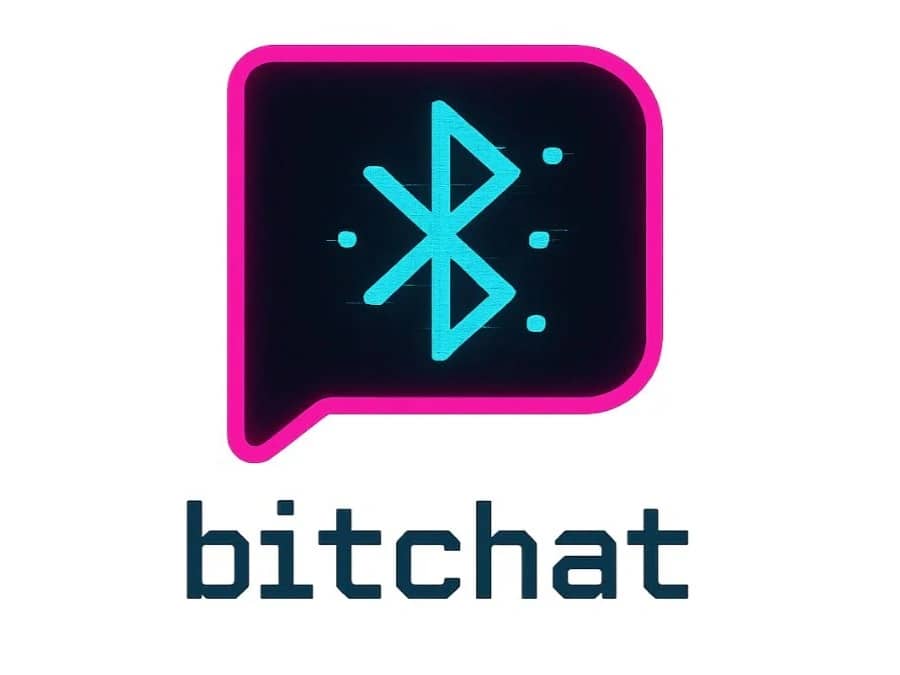Subscribe to wiki
Share wiki
Bookmark
Bitchat
The Agent Tokenization Platform (ATP):Build autonomous agents with the Agent Development Kit (ADK)
0%
Bitchat
Bitchat is a decentralized messaging platform developed by Jack Dorsey, co-founder of Twitter and CEO of Block. It is designed to facilitate private and censorship-resistant communication without relying on traditional internet infrastructure, operating instead over Bluetooth Low Energy (BLE) mesh networks. [1] [2]
Overview
Bitchat was introduced to provide a communication method resilient to network outages, surveillance, and censorship. Unlike conventional messaging applications that depend on centralized servers and internet connectivity, Bitchat utilizes a peer-to-peer architecture built upon BLE mesh technology. [1] [2]
This allows devices within physical proximity to form a self-organizing network, relaying messages between users. The platform aims to offer a privacy-first approach by eliminating the need for personal identifiers like phone numbers or email addresses and implementing end-to-end encryption. The project's white paper outlines its technical protocols and privacy mechanisms, emphasizing security and decentralization. [1] [2] [3]
The core concept behind Bitchat is to enable communication in environments where internet access is unavailable, unreliable, or subject to monitoring. By leveraging the short-range capabilities of Bluetooth, devices can discover and connect with nearby peers, creating a mesh network that extends communication range through multi-hop relaying. Messages are designed to be ephemeral, residing primarily in device memory by default, and are secured through cryptographic methods. [1] [2]
Technology
Bitchat operates on a custom protocol built over Bluetooth Low Energy (BLE) mesh networks. In this architecture, each participating device functions as both a client and a server, contributing to the decentralized nature of the network. Devices within approximately 30 meters can discover each other using a shared service UUID and establish temporary mesh connections. This multi-hop design allows messages to be relayed from one device to another, potentially reaching users beyond the direct Bluetooth range of the initial sender. [1] [2]
The platform incorporates a store-and-forward system to handle messages intended for devices that are temporarily offline. Messages are cached on connected devices with tiered retention policies: typically 12 hours for regular peers, and potentially indefinite storage for designated "favorite" contacts. When an offline device reconnects to the mesh network, it automatically retrieves any stored messages. Messages are fragmented into smaller chunks, around 500 bytes each, for transmission over the BLE network. The system is designed with end-to-end encryption and utilizes digital signatures for message authentication. Future development plans include enabling messaging over WiFi to support larger message sizes and potentially extend network reach. [1] [2]
Features
Key features of the Bitchat platform include:
- Decentralized Operation: The network functions without central servers or infrastructure, relying solely on connected devices.
- Internet Independence: Communication occurs entirely over Bluetooth mesh, making it functional without internet access.
- Privacy-Focused: The system does not require phone numbers, email addresses, or permanent identifiers for user registration or communication.
- Ephemeral Messaging: Messages are designed to exist only in device memory by default, enhancing privacy.
- End-to-End Encryption: Messages are encrypted between sender and receiver to ensure confidentiality.
- Digital Signatures: Used to authenticate the origin and integrity of messages.
- Store-and-Forward: Messages for offline recipients are temporarily cached and delivered upon reconnection.
- Room-Based Messaging: Supports group chats, with options for password protection. [6]
- Open Source: The project's code is intended to be publicly available on platforms like GitHub. [1] [4] [3]
Development Status
Jack Dorsey announced the launch of a beta version of Bitchat, along with the publication of its white paper, in July 2025. The project is open source, with its code hosted on GitHub. A TestFlight app for beta testing was also mentioned. [1] [4] [3] [6]
Security Concerns
Despite being promoted with an emphasis on security and privacy, Bitchat faced scrutiny regarding its security implementation shortly after its beta launch. Jack Dorsey added a disclaimer to the project's GitHub page stating that the software had not undergone external security review and might contain vulnerabilities, advising against its use for production or reliance on its security until reviewed. [3] [6]
Security researchers identified potential flaws, including issues with identity authentication and verification within the "Favorites" system, which could potentially allow for impersonation. Concerns were also raised regarding the platform's claims of forward secrecy and the presence of a potential buffer overflow bug. Dorsey acknowledged the reports and indicated that security issues could be reported on the project's GitHub page. [3]
See something wrong?
The Agent Tokenization Platform (ATP):Build autonomous agents with the Agent Development Kit (ADK)
